Wool Pellet Machine
A wool pellet machine is a device specifically designed to process wool and other waste materials (such as straw, manure, sludge, and kitchen waste) into pellets. However, please note that it’s not designed for processing pure wool; it’s specifically optimized for processing wool and other organic materials.
These raw materials must be fermented before mixing, as unfermented materials may contain bacteria, insect eggs, and even pungent odors. Fermentation stabilizes the raw materials, making their nutrients more readily available. The resulting pellets are also of higher quality and less likely to fall apart.
This machine utilizes a sophisticated pelletizing process and durable materials, resulting in low energy consumption and easy operation. It’s ideal for farm-generated fertilizer, agricultural waste processing, and clean energy generation.
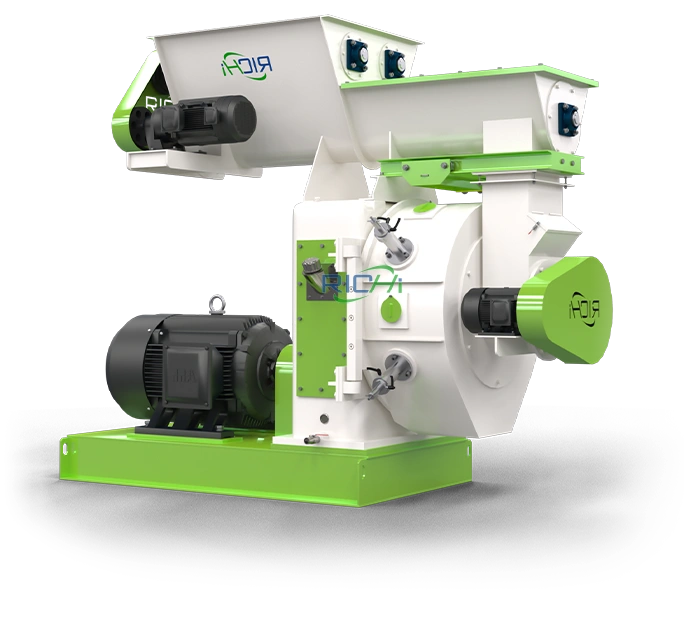
About wool pellet machine
Wool actually has a wide range of uses. It can not only be made into textiles such as wool sweaters and blankets, but can also be fermented and mixed with straw, sheep manure, cow manure, chicken manure, silt, kitchen waste and other raw materials to be used as organic matter in organic fertilizer production to help plants grow better.
In recent years, due to the general development direction of green new energy, more and more farms and environmental protection projects have begun to pay attention to the resource reuse of waste wool. One of the efficient ways of utilization is to use a wool pellet fertilizer machine to mix the fermented wool with other wastes, and then make it into organic fertilizer pellets, which can be used as fertilizer to supplement the lack of nutrients in the soil, and can also be used as green energy fuel.
The sheep wool pellet machine does not directly pelletize pure wool, but is a pelletizing equipment used to process wool and other materials (such as sheep manure, organic fertilizer, straw, sawdust, etc.) mixed in proportion. Through scientific allocation of raw materials, waste wool can be effectively integrated into the biomass raw material system, and finally pressed into composite organic pellets with a compact structure, balanced nutrition, easy storage and application, which plays an important role in agricultural planting, soil improvement, etc.
This wool pellet fertilizer machine adopts a ring die design, mainly composed of core components such as frequency conversion feeder, pressing chamber, high-strength ring die and roller assembly, Siemens motor, etc., with stable operation, low energy consumption, strong adaptability, and is widely used in farms, self-employed households and small and medium-sized organic fertilizer production enterprises.
RICHI MACHINERY
Various kinds of RICHI wool pellet machine

organic wool pellet mill
Organic wool pellet mill, as a type of organic fertilizer pellet machine, is suitable for small-volume users. With its compact structure and simple operation, it is widely used in family farms and by individual users. It is especially effective for turning fermented wool and other organic materials into high-value fertilizer pellets.
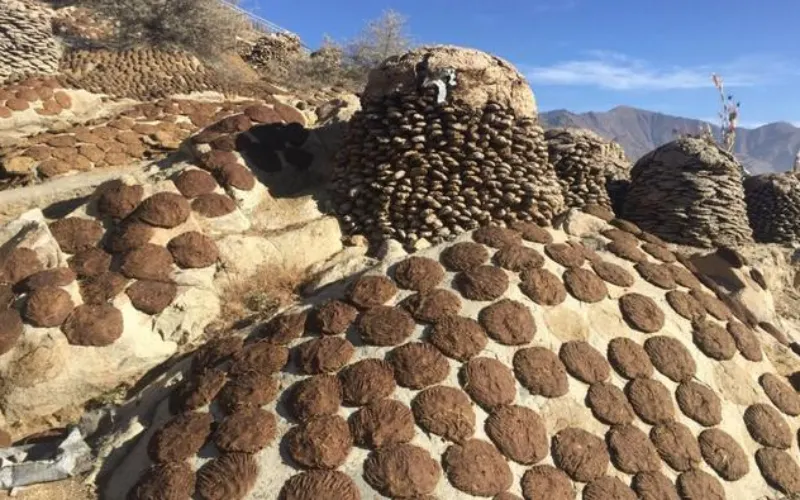
cow dung wool pellet machine
Cow dung wool pellet making machine adopts a ring die pressing system with a high molding rate, making it ideal for small and medium-sized sheep manure + fermented wool composite pellet production. As a type of cow dung pellet making machine, it efficiently processes organic waste into high-quality fertilizer pellets.
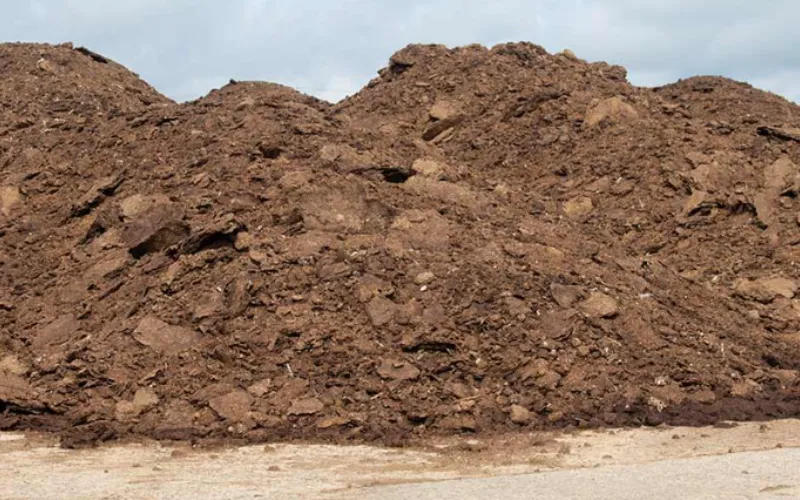
poultry manure wool pelletizer
Poultry manure wool pelletizer has stable performance and a wide range of applications. As a type of poultry manure pellet machine, it is especially suitable for organic fertilizer processing enterprises that require high pellet quality.
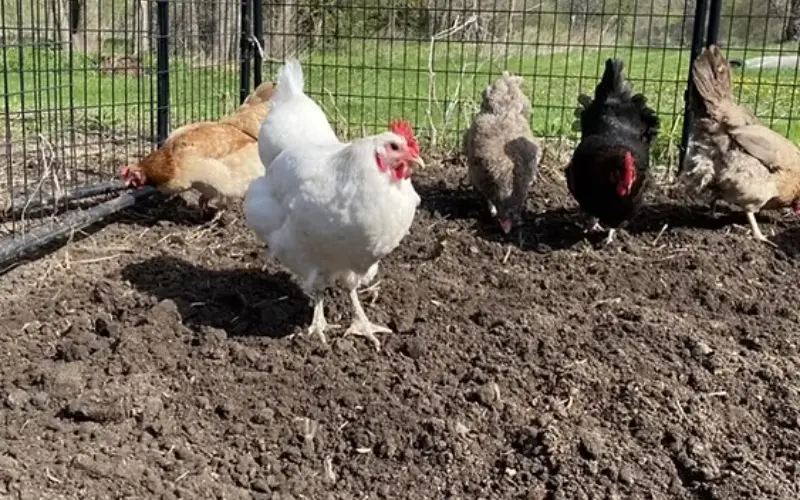
chicken manure wool pellet maker
Chicken manure wool pellet maker consists of a feeder, an anti-arch silo, and a pressing system, with low maintenance costs and suitable for continuous production. It is an ideal chicken manure pellet machine for sale option for users seeking efficient and reliable organic pellet production.
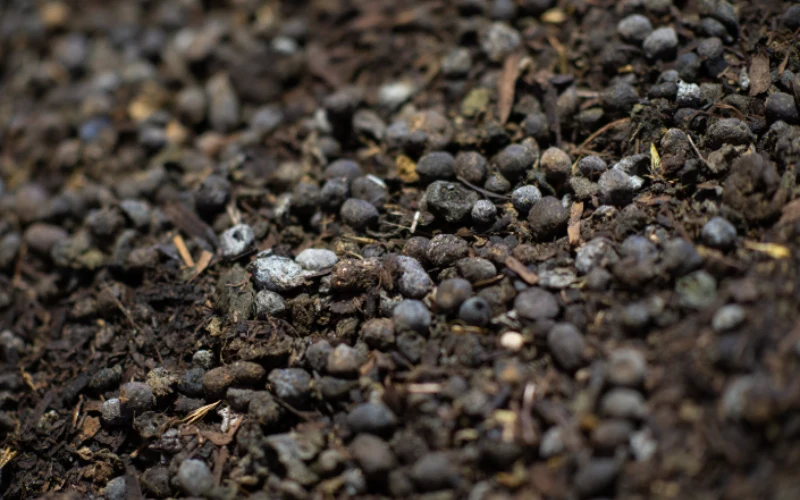
Sheep manure wool pellet making machine
Sheep manure wool pellet making machine is suitable for large and medium-sized enterprises, efficiently pressing various crushed mixed raw materials into dense, high-quality pellets. It can also be adapted from a sheep feed pellet machine, offering flexible use for both feed and organic fertilizer production.
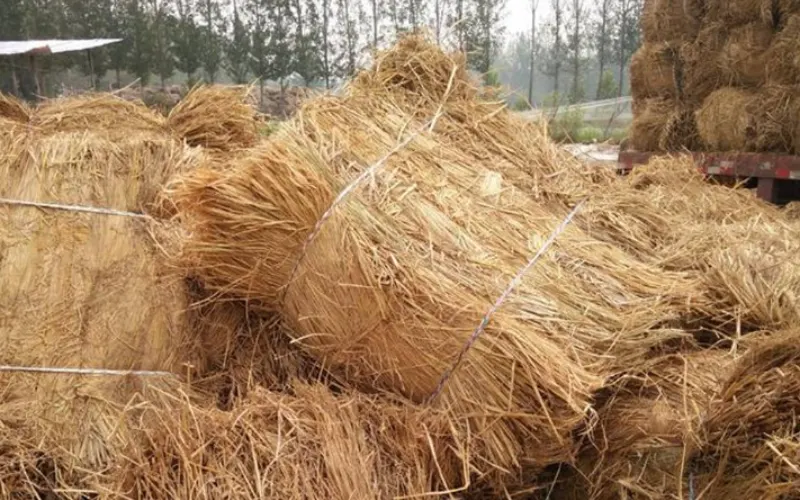
Straw wool pellet maker machine
Straw wool pellet maker machine features high production capacity and low energy consumption. By mixing fermented wool with straw, it enhances pellet quality and achieves better environmental treatment results. A reliable straw pellet mill choice for producing green organic fertilizer and bioenergy pellets.
RICHI MACHINERY
Working principle of wool pellet machine
Ring die wool pellet mills, on the other hand, have a wider range of uses, with high output and low energy consumption, and are suitable for both personal use and business use.
This equipment is used to process a mixture of fermented wool and other agricultural organic materials (such as sheep manure, straw, rice husks, etc.). The operating principle is to crush the fermented wool and then feed it into a feeder equipped with an anti-arching silo to prevent the wool from arching and facilitate subsequent pelleting.
Then the crushed wool enters into the pelletizing chamber and fills the inner wall of the ring die, the spindle rotates at high speed, the pressure roller rolls over the material layer continuously and continuously, and squeezes the wool material into the die hole of the rice changer.
Eventually the fermented wool pellets are molded in the die holes and extruded in cylindrical state, and then cut off by the cutter device to form pellets, which are discharged at the discharge port.
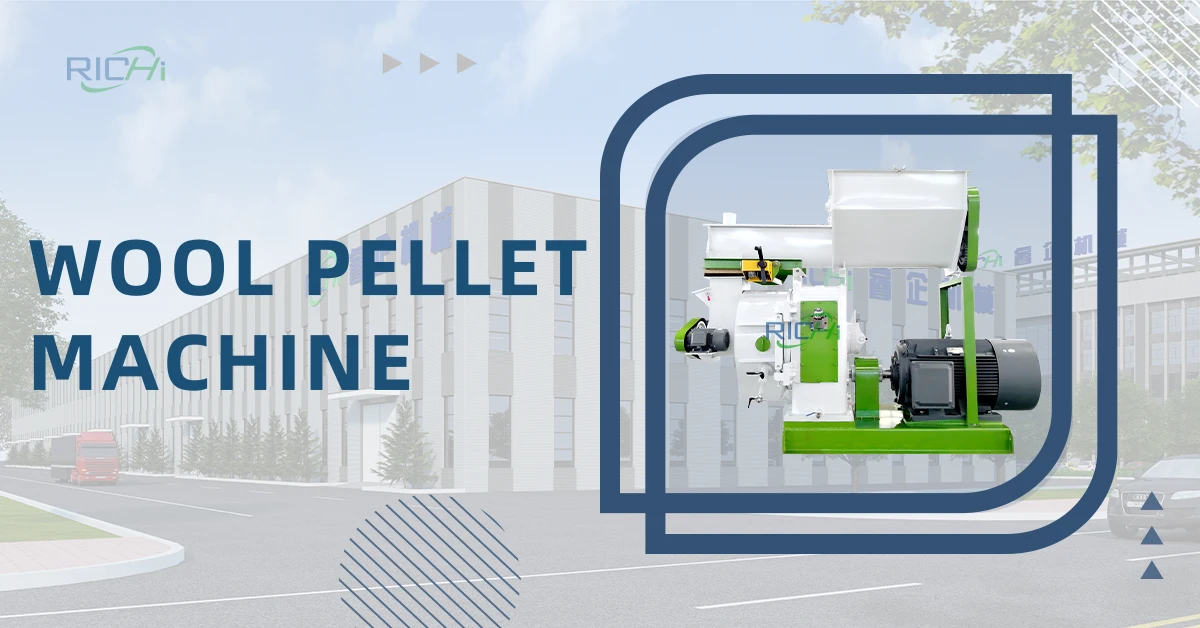
Wool Pellet Machine Model Specifications
To meet the diverse needs of different users in terms of production capacity, raw material types, and application scenarios, RICHI wool pellet mill offers a full range of models, from small to large. Whether you’re a family farm, a small-batch organic fertilizer processor, a medium- to large-scale organic fertilizer pellet plant targeting commercial sales, or even a large-scale project processing high-proportion mixed raw materials (such as fermented wool, manure, and straw), we can provide you with the matching model and technical solutions.
The core parameters of wool pellet making machines are listed below for your reference. Feel free to contact us for exclusive selection and price recommendations.
| Model | FZLH250 | FZLH320 | FZLH350 | FZLH420 | FZLH520 | FZLH678 | FZLH768 |
| Main Motor Power (kW) | 22 | 22 | 37 | 90 | 132 | 185 | 250 |
| Broken Arch Feeder Power (kW) | 2.2 | 2.2 | 2.2 | 3 | 3 | 3 | 4 |
| Forced Feeder Power (kW) | 0.75 | 0.75 | 0.75 | 1.5 | 1.5 | 1.5 | 1.5 |
| Ring Die Inner Diameter (mm) | 250 | 320 | 350 | 420 | 520 | 673 | 762 |
| Output (T/H) | 1-1.5 | 2-3 | 3-5 | 6-8 | 9-12 | 18-22 | 22-26 |
Project cases of wool pellet machine
RICHI Machinery is a pelletizer manufacturer specializing in manufacturing pellet machines and providing pelletizing solutions. We have supplied pellet machines and pellet making lines to thousands of customers worldwide. Here are some project cases of wool pellet mill machine for your reference.
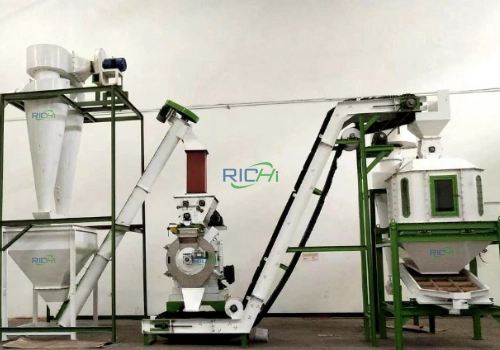
1-1.5T/H wool pellet machine for sale USA
- Project: USA 1-1.5T/H Sheep Manure + Fermented Wool Composite Pellets Project
- Raw Materials: Mixture of sheep manure and fermented wool
- Output: 1-1.5 tons/hour
- Project Highlights: This client is a US livestock company committed to improving the resource utilization of sheep manure. We customized a ring die pressing system for them, improving pellet density and efficiency. The equipment has been operating stably for a long time and has received positive customer feedback.
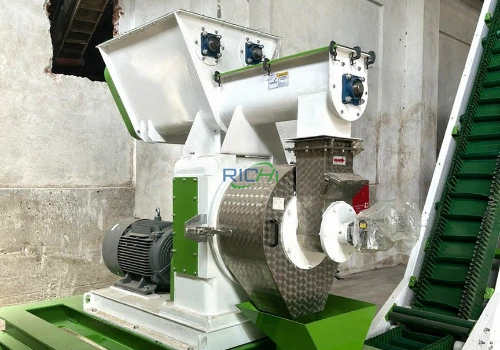
3T/H wool pellet fertilizer machine for sale Spain
- Project: Spain 4-ton/hour Chicken Manure + Fermented Wool Organic Fertilizer Pellets Project
- Raw Materials: Chicken manure + fermented wool mixture
- Output: 4 tons/hour
- Project Features: This project, invested in and constructed by a Spanish organic fertilizer processing plant, utilizes the RICHI poultry manure pellet machine and fermented wool mixed pelleting technology to improve pellet nutrient balance and compressive strength. The equipment operates stably, and the finished pellets are highly dry and suitable for bagged sales.
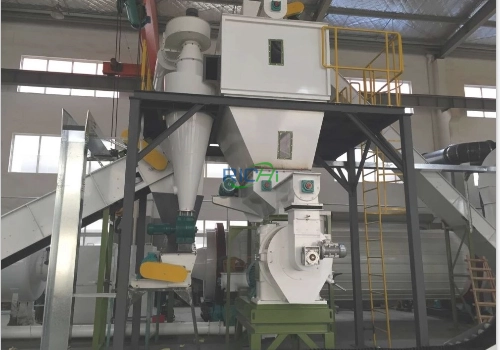
5T/H wool pellet machine for sale Germany
- Project: Germany 5T/H Wheat Straw + Fermented Wool Organic Fertilizer Pellets Project
- Raw Materials: Wheat straw + fermented wool
- Output: 5 tons/hour
- Project Highlights: This German client prioritizes environmental protection and sustainable agriculture, choosing to pelletize a mixture of crop straw and fermented wool. The project selected a RICHI straw pellet mill system and enhanced raw material pretreatment processes to achieve high-quality, green organic fertilizer production, which has been well-received in the market.

Applications of wool pellet machine
The wool pellet fertilizer machine is a typical biomass pellets making machine. It does not directly make fermented pure wool into pellets, but is used to process a mixture of wool and other raw materials (such as sheep manure, organic fertilizer, crop straw, etc.), and press these raw materials into high-density pellets after mixing them. It is widely used in agricultural organic fertilizer, biomass fuel, horticultural soil improvement and other fields.
This machine can effectively process various biomass raw materials, such as sawdust, bagasse, cassava residue, alfalfa, miscanthus, cow dung, chicken manure, etc. When these raw materials are mixed with fermented wool in proportion, they are pressed into pellets by the sheep wool pellets machine, which not only improves resource utilization, but also improves the combustion value or fertilizer performance of the pellets.
In addition, the wool pellet making machine supports customized production capacity and is suitable for pellet plants and production lines of various sizes. By replacing the ring die and adjusting the position of the cutter, pellets of different diameters and lengths can also be flexibly produced to meet the diverse needs of different customers in agriculture, energy or environmental protection.
The biggest use of wool pellet fertilizer machine is for making high quality wool pellets. But what are the advantages and benefits of wool pellets and how to make them? Do you know about these? Let’s get to have a look to understand it below!
Benefits of pellets made by wool pellet machine:
Wool pellets compressed by a wool pelletizer have a wide range of uses, both as a natural fertilizer to improve soil fertility and as animal bedding, among other things. Below are some of the benefits of wool pellets summarized by RICHI Machinery for your reference.
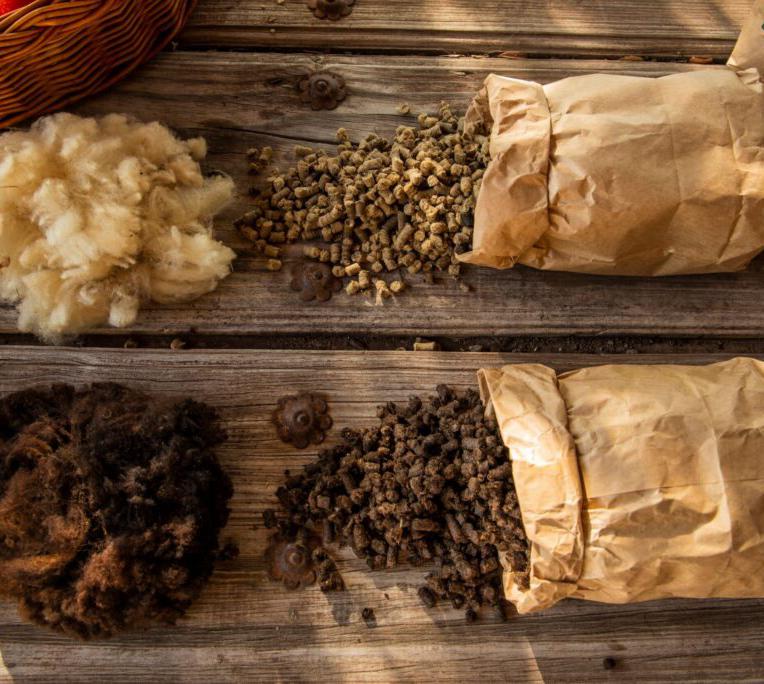
- Wool pellets as a value-added product from waste wool, maximizing the value of wool and helping to improve the economic stability of agricultural producers.
- Wool pellets can serve as a fertilizer to improve the soil and help crops or plants to grow.
- Compressing wool into pellets reduces the size of the wool, reduces floor space and facilitates transportation and storage.
- Wool pellets can also help to get rid of pests. This is because fermented wool is a natural repellent for slugs, snails, pests, and weeds. Placing wool pellets around the base of plants can help keep them safe.
- Wool pellets can hold up to 20 times their weight in water, helping to reduce the frequency of watering. It also retains moisture and draws excess water away from the plant, preventing it from being overwatered.
- Wool pellets are a renewable resource and are rich in nitrogen, calcium, magnesium, and other nutrients, making them a natural fertilizer.
- Mixing wool pellets into the soil also provides aeration. Because wool pellets expand when they absorb water, they help increase the oxygen level in the soil, promoting better plant growth.
How to make wool pellets using wool pellet machine?
With the continuous development of pellet manufacturing technology, pellet machines and pelleting processes are becoming increasingly advanced and intelligent. Using a wool pellet making machine to mix fermented wool with other organic raw materials (such as sheep manure, organic fertilizer, etc.) to make high-density pellets has become an efficient way to recycle resources. The following is the basic process of using a wool pellet fertilizer machine to produce pellets.
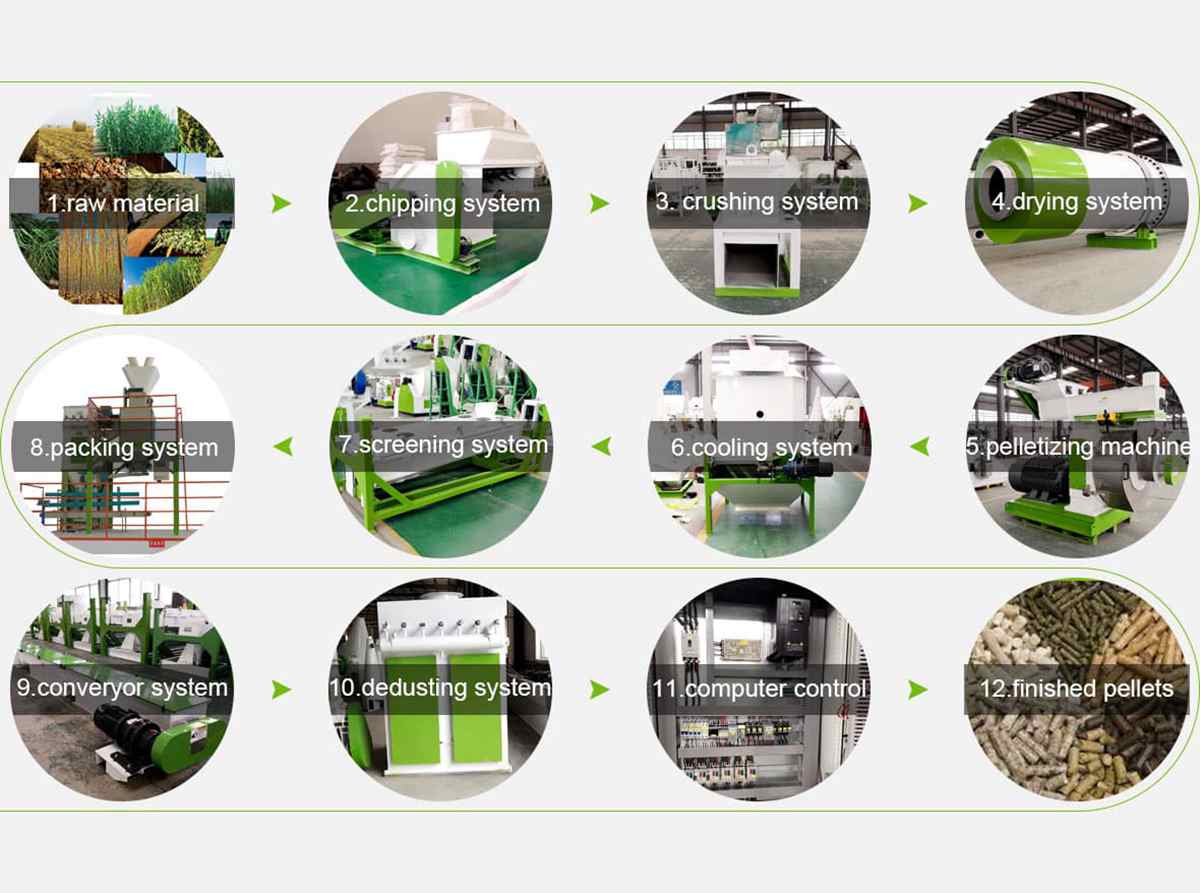
01 Wool Fermentation
First, pure wool must be fermented. Fermentation effectively removes harmful bacteria, insect eggs, and odors, improving the raw material’s stability and nutrient utilization, ensuring full utilization of the wool and making it more suitable as a high-quality raw material for fertilizer or fuel pellets.
02 Raw material crushing (wool + other organic matter)
After fermentation, the wool is mixed with an appropriate amount of auxiliary raw materials (such as dry sheep manure, fermented organic fertilizer, and grass), and then ground into 2-3 mm fine particles using a grinding machine. The mixed and crushed raw materials are easier to enter the sheep wool pellets machine pelleting chamber for pressing.
03 Wool moisture treatment
Before pelleting the mixed raw materials, it is necessary to check their moisture content. The optimal moisture content is about 13%-16%. If the raw materials are wet, they need to be dried; if they are dry, they need to be adjusted by adding water or adding wet raw materials.
04 Granulation of mixed raw materials
The processed mixed materials are evenly fed into the granulation chamber by the feeder and pressed into compact, regular cylindrical composite pellets under the high pressure of the ring die and the roller. These pellets have a dense structure and high combustion efficiency, and can also be used in organic fertilizer production.
05 pellet cooling
The temperature of the newly produced fermented wool composite pellets is relatively high, and a cooler is required to cool the pellets to room temperature to maintain the strength and storage stability of the pellets.
05 Finished product packaging or storage
The cooled pellets can be packaged into bags through an automatic packaging system as needed for easy sales or storage and transportation; they can also be directly stacked for agricultural fertilization or biomass fuel use.
FAQ related to the wool pellet machine

Why is wool fermented first?
Before using wool and other waste materials to make pellets, fermentation is an essential step. It’s more than just a simple pretreatment; it directly impacts the safety and quality of the resulting fertilizer pellets.
- Through fermentation, any pathogens, insect eggs, weed seeds, and other impurities in the raw materials are broken down or killed, preventing risks during subsequent use.
- During fermentation, complex organic matter is broken down into smaller, more easily absorbed nutrients for plants, increasing fertilizer utilization.
- Fermentation reduces the odor and stickiness of raw materials like manure and kitchen waste, but fermentation not only reduces the odor but also makes them looser and drier, making them more suitable for pelleting.
- Fermented materials exhibit enhanced adhesion, resulting in higher-quality, more compact pellets that resist falling apart.
- Thus, fermentation is by no means an optional step; it is crucial to ensuring the consistent quality of organic fertilizer pellets produced by the wool pellet mill.

What is a wool pellet making machine
The sheep wool pellets machine is a special equipment that converts fermented wool waste into dense composite pellets after mixing it with other organic matter (such as sheep manure, fermented organic fertilizer, grass powder, etc.). In practical applications, wool is usually not used alone for pelleting, but mixed with materials with good adhesion and nutrients to improve the pellet forming rate, practicality and market value.
The raw materials that have been crushed and mixed are sent to the wool pellet mill by the conveying system. Through the high-pressure extrusion process of the ring die and the roller, the raw materials are pressed into regular cylindrical pellets. These pellets have a compact structure, high density, and stable finished products, which are easy to store and transport.
This fermented wool mixed pellet has a wide range of uses: it can not only be used as a natural organic fertilizer to improve soil structure, but also can be used in garden planting, greenhouse agriculture and soil improvement projects, with good environmental protection and economic benefits. With the promotion of organic agriculture and renewable resources, the acceptance of wool pellets in the domestic and foreign markets continues to increase, making the wool pellet fertilizer machine one of the environmentally friendly pellet equipment worth investing in.
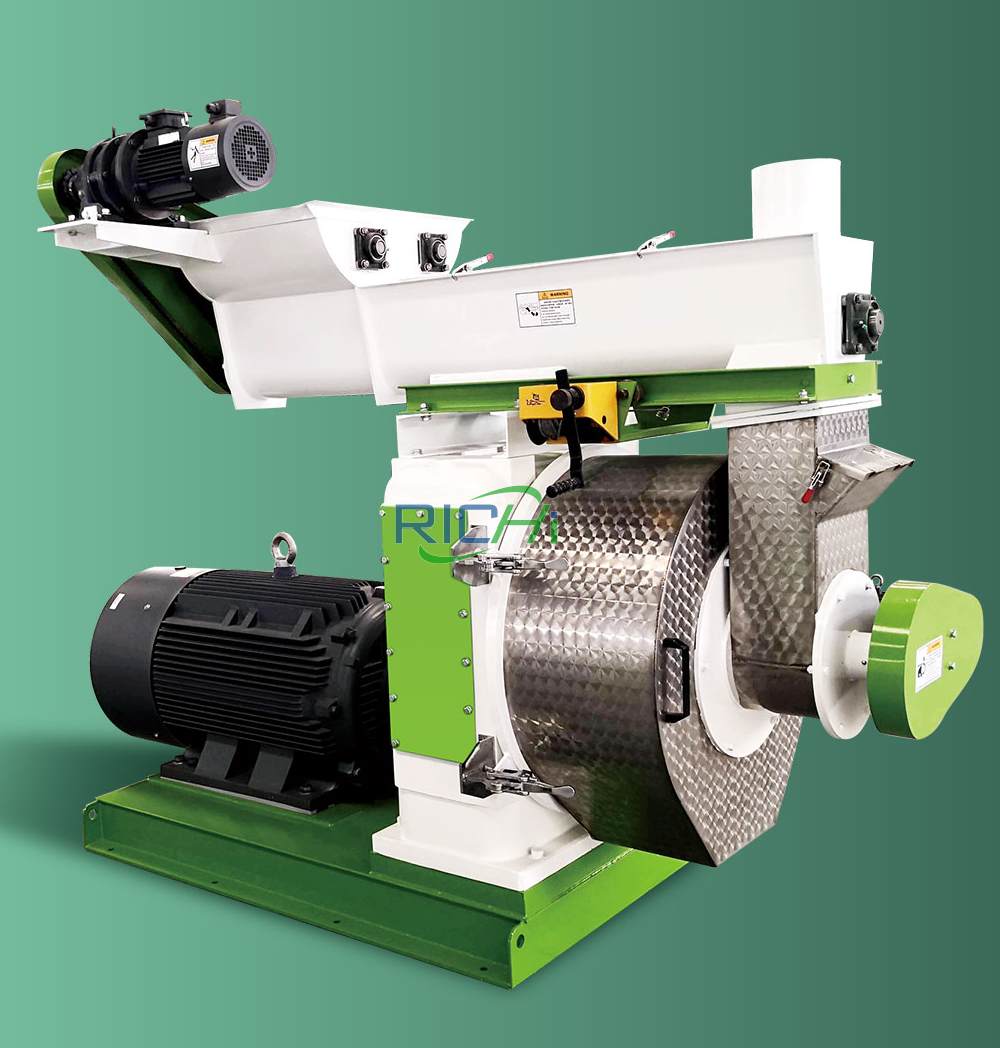

What materials are suitable for wool pellet mill?
Wool pellet fertilizer machine is a kind of equipment that mixes fermented wool with other organic materials to make pellets, rather than being dedicated to pure wool pelleting. This machine is widely used to process various biomass raw materials, especially for preparing mixed organic fertilizer pellets rich in nutrients such as nitrogen, phosphorus and potassium.
For example, it can process short-fiber wool, textile scraps, low-grade wool, and organic waste such as sheep manure from livestock farms. By mixing and pelleting with other nutritious raw materials, the resource utilization efficiency can be significantly improved, while providing high-quality fertilizer for agricultural production.
Typical raw materials suitable for wool pellet making machine pelleting include:
Mixture of sheep manure and fermented wool
Fermented wool + organic fertilizer (such as chicken manure, cow manure, kitchen waste compost)
Combination of defective fermented wool with auxiliary materials such as sawdust and straw
Before the formal pelleting, the mixed raw materials need to be processed in size and moisture. For example, crush the oversized fermented wool debris, adjust the moisture content to a range suitable for pelleting, and dry or add water if necessary. Through these steps, it can be ensured that the mixed raw materials enter the pelleting process smoothly and obtain high-quality pellet products.

Is wool pellet machine worth the investment?
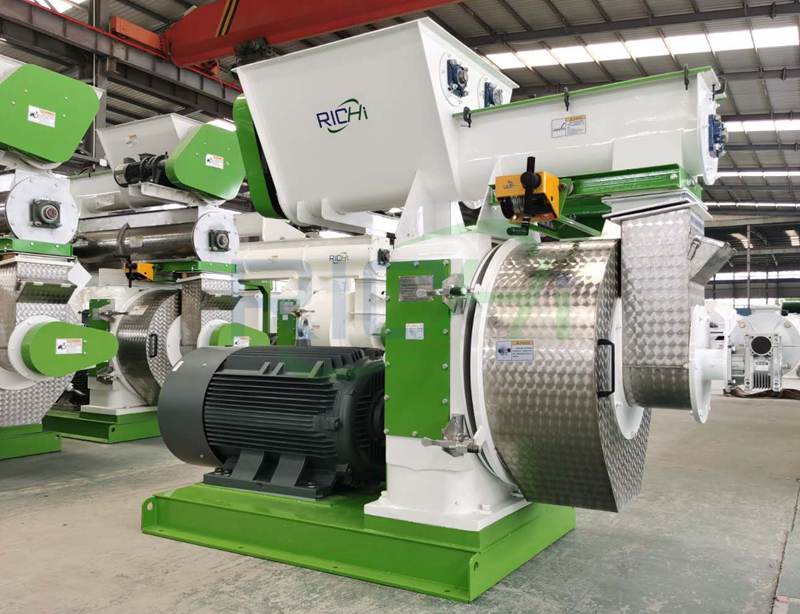
In the long run, a sheep wool pellet mill is worth investing in.
On the one hand, the raw material for a wool pellet making machine is cheap and easy to obtain. That is to say, the cost of making wool pellets is very low, and enterprises only need to invest a very small amount of raw material cost.
On the other hand, wool pellets belong to renewable resources, in line with the trend of environmental protection and sustainable development. Moreover, wool pellets have a wide range of uses and are very popular in the market. Enterprises can profit from selling wool pellets. Although the wool pellet making machine needs some equipment investment in the beginning stage, the economic benefits it brings cannot be ignored.

Why choose RICHI Machinery?
- Devoted to the pellet machinery industry for 27years
- All products have passed ISO, CE, SGS, BV, and other international certifications.
- Have a perfect sales system and a complete service network
- Can customize a turnkey pellet production line project according to your need.
RICHI service
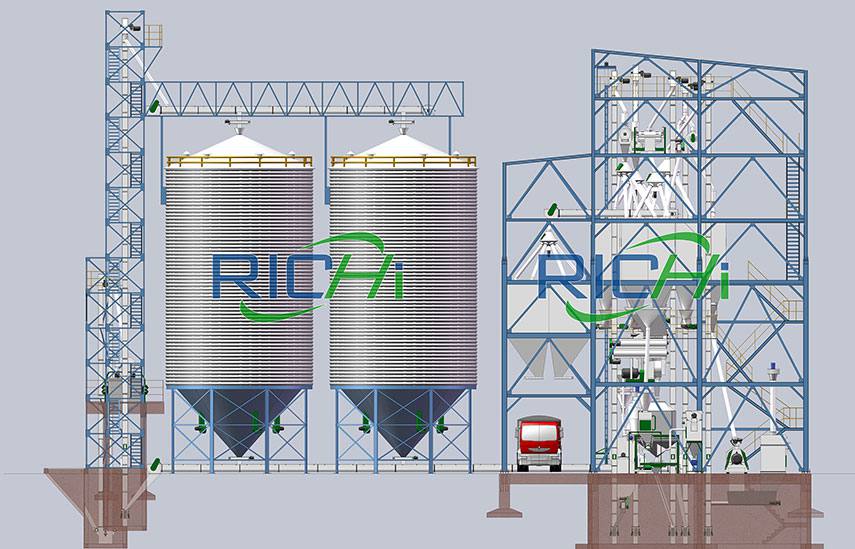
01
Customized Pelletizing Solutions
RICHI Machinery can customize a pelletizing solution according to your production needs. Pelletizing equipment and pelletizing lines are customizable.
02
Customer-oriented and perfect service
Everything we do is dedicated to serving our customers in several ways. As a result, our customers have a great deal of opportunities to succeed in pellet production.
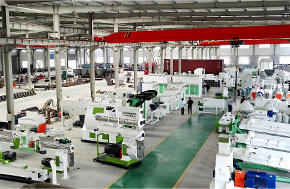
03
Strive for excellence
At RICHI Machinery, every employee is driven by a strong passion for excellence, manufacturing the best pelletizing equipment and providing consumer-oriented service.
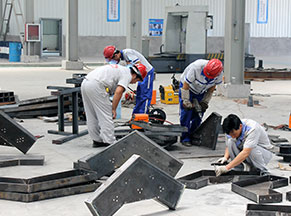
04
Devote To innovation
We have recruited a group of engineers and experts aiming at improving and perfecting our products to meet the needs of our customers. All of our machines have passed international iso,ce, sgs, bv certificates and so on.

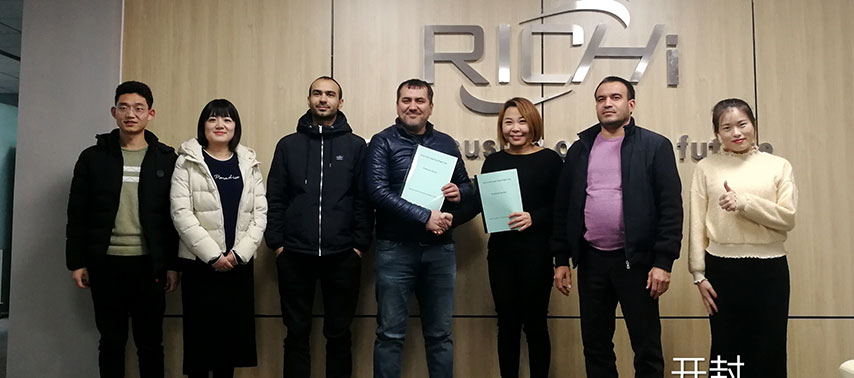
05
Comitted To quality
RICHI Machinery produces pelletizing machines suitable for a wide range of raw materials and produces high quality pellets that are well recognized in the market. We are committed to providing you with high-quality pelletizing equipment!
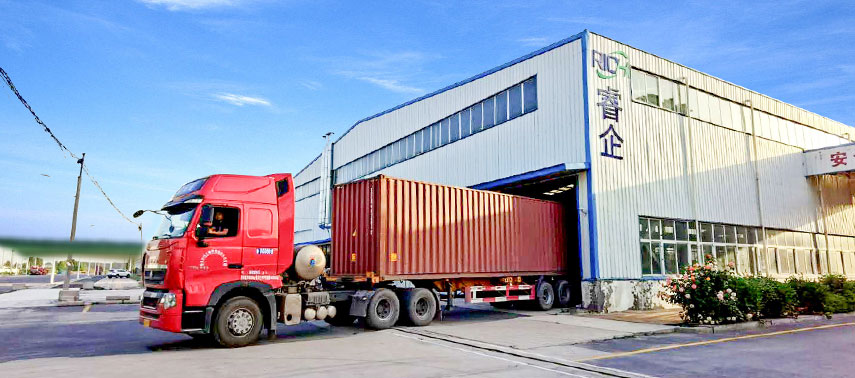
06
Rich experience in the industry
RICHI always explores the best way to achieve the same value with customers, and successfully serves thousands of customers in more than 90 countries and regions around the world.

